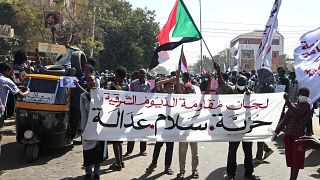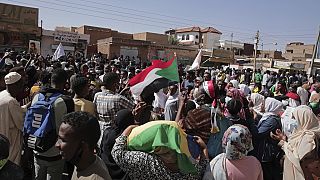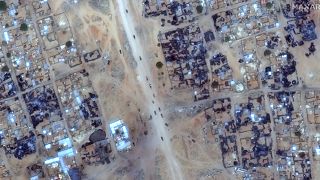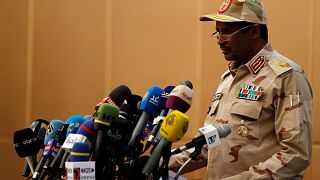Sudan
With the announcement of his resignation on Sunday evening, former Sudanese Prime Minister Abdalla Hamdock throws in the towel just over a month after he signed an agreement with the military.
In a televised speech on Sunday evening, Hamdok admitted that his efforts to bridge a widening gap between political forces had failed and called for political dialogue. Sudanese woke up on Monday with mixed reactions.
Some Khartoum residents such as Mohamed al-Mubarak al-Sediq regretted the departure of the Prime Minister: "We feel that Sudan lost an important personality that was approved by the international community and the Sudanese people. We hope that he will make a come back in the coming period as an independent and become the Sudanese president."
Significant loss
For others like Mohamed al-Amin Dawood, the resignation of the Prime Minister is not a massive loss: "Sudanese women have given birth to thousands of men like Hamdok, so I think the people are not tied to one person only. Sudan is full of patriotic men."
Sudan was navigating a fragile transition towards full civilian rule since April 2019 and the ouster of president Al-Bashir following an unprecedented wave of youth-led protests.
A rocky transition led by Hamdock took on before it was derailed on October 25 when Sudan's new de facto ruler, top general Abdel Fattah al-Burhan, launched a coup, detaining the Prime Minister and his cabinet ministers. Hamdock was eventually reinstated on November 21 as part of an agreement with the military. His resignation leaves the military in full command.












Go to video
Sudan: World Food Programme warns of hunger crisis, asks for more funding
Go to video
Dozens flee deadly RSF attacks in north Darfur as camps suffer heavy losses
Go to video
Sudanese Al Hilal aims for victory against Al Ahly in the CAF Champions League quarter final clash
Go to video
Khartoum residents welcome army soldiers who reclaimed area from RSF
Go to video
Pics of the day: March 27, 2025
Go to video
Pics of the day: March 24, 2025